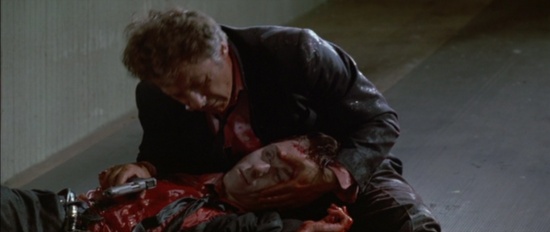Not Quite Hollywood (Mark Hartley, 2008)
Mark Hartley’s documentary on “Ozploitation” – Australian exploitation movies of the 70s and early 80s – should find an enthusiastic audience. It is great fun, largely because it reproduces all the best moments form a body of work that is probably more a lot more enjoyable to reminisce about, and see highlights from, than it is to actually sit through in its entirety. After briefly setting the historical context, it starts with what I think are the best remembered sub-genre, the “ocker” and sex comedies from the 1970s (Stork, Alvin Purple, the Barry McKenzie films, and so on), and then works through horror films and action films (the films’ structure gives the impression that the filmmakers had an eye on being able to break the film up into separate episodes of a TV show). So we get basically all the sauciest and funniest moments from the sex comedies, followed by the most outrageous scenes from the horrors, and the best stunts from the action films. As a highlights package, it’s fabulous, and Hartley intersperses interviews with many key participants (plus Quentin Tarantino representing the fan’s perspective as only he can).

